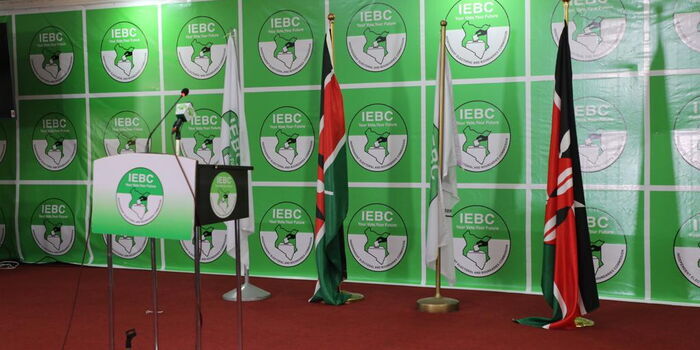Liberia’s foreign minister, Sara Beysolow Nyanti, stated on Friday that President Joseph Boakai was “honoured” to meet US President Donald Trump this week and was not offended by Trump’s comment on Boakai’s English fluency, which is his mother tongue.
The US president’s remark has even inspired a popular tribute song in the West African nation.
During a White House mini-summit with leaders from five mineral-rich, French-speaking West African countries, Trump praised President Boakai’s English skills, apparently unaware it’s Liberia’s official language. “Such good English… Where were you educated?” Trump asked, responding to Boakai’s remarks.
Boakai, like most Liberians, speaks English as a first language and reportedly laughed uncomfortably, replying he was educated in Liberia.
“We were honoured by the White House’s invitation to President Boakai for a meeting with President Trump and fellow African leaders,” Nyanti said. “No offence was taken.” She emphasised Liberia’s desire to strengthen ties with the United States, based on “mutual respect.”

Credit: GZERO Media
Liberia, the oldest republic in sub-Saharan Africa, was founded in 1822 by freed slaves sent from the US by the American Colonisation Society. These “Americo-Liberian” settlers later declared independence in 1847, establishing a government that ruled over the native African majority. English remains the official and most widely used language in the country.
In response to Trump’s gaffe, singer and former cultural ambassador Queen Juli Endee penned a tribute song for Boakai, which was widely shared online.
The song, titled “English King of Africa,” features Endee and her band singing praises to Boakai while waving US flags and wearing T-shirts with images of both presidents.
Public reaction in Liberia, however, has been mixed. Shadrach Johnson, unemployed, welcomed Boakai’s invitation to the summit as “progress,” seeing him speak on behalf of the Liberian people.
Conversely, street trader Patience Allison felt Trump’s question was an insult designed to provoke, stating, “He was making fun of our president.”







![[PHOTOS] Senator Chesang, Channelle Kittony hold lavish engagement ceremony](https://cdn.radioafrica.digital/image/2025/07/7ef74394-c925-435c-8986-870b8e316a08.jpg?1752405881755)




